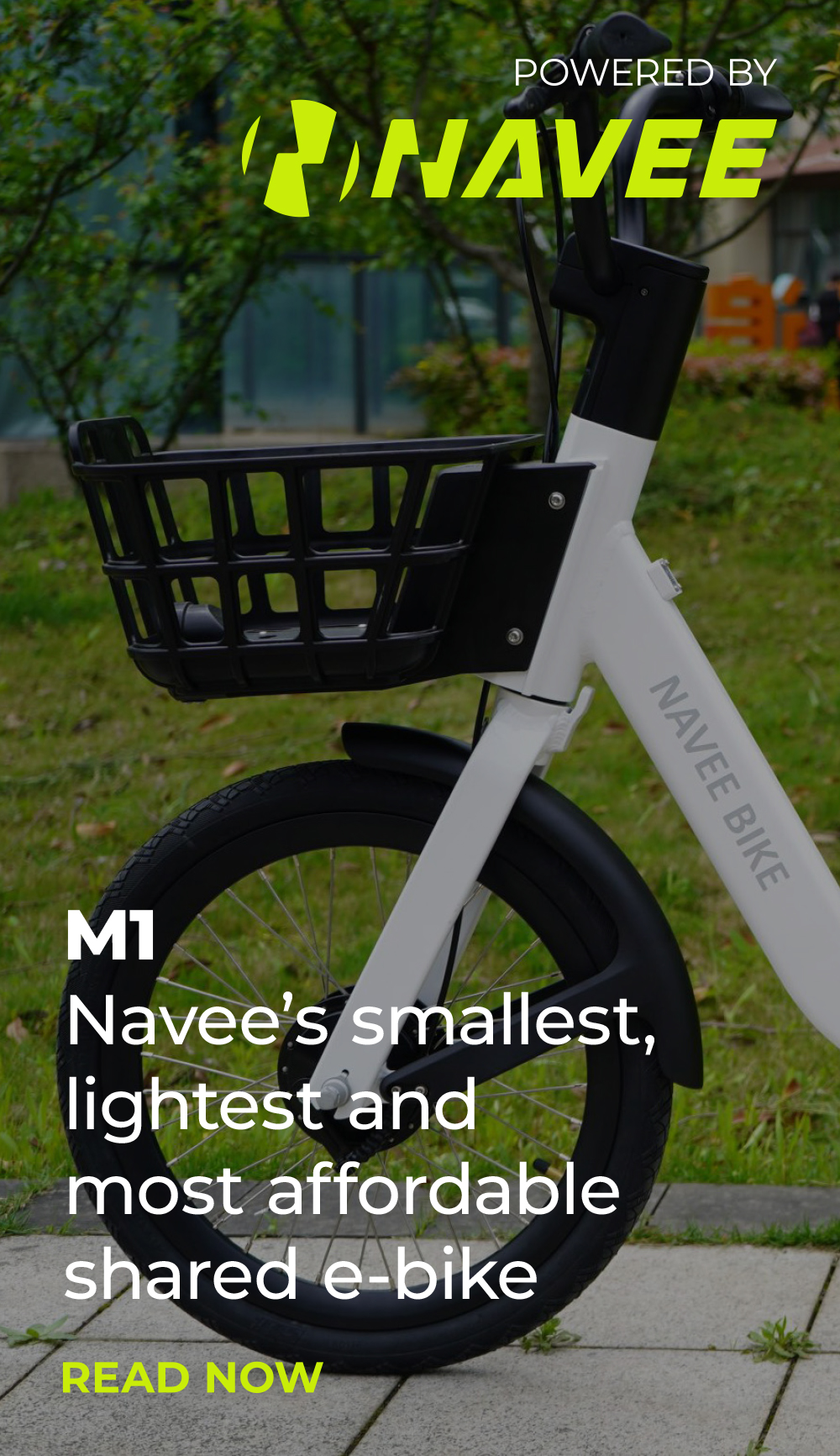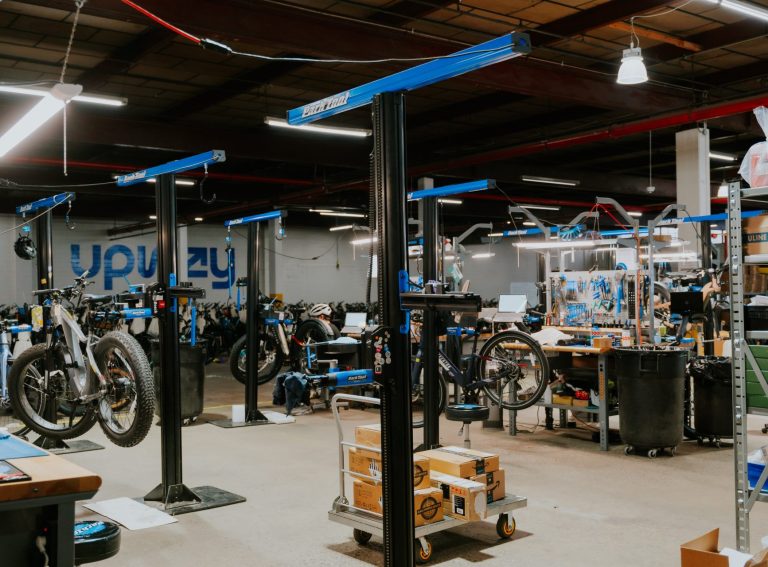Estonia’s largest bike share scheme in the city of Tartu recently ranked 4th out of 148 cities in Europe for daily bike share trips.
The city is averaging more than 20 trips per 1,000 residents a day.
This is according to Cycling Industries Europe’s latest 2024 report, which considers trips relative to population to be the headline performance indicator for bike sharing.
The scheme is powered by software platform Qucit.
Bordeaux-based Qucit specialises in maximising the efficiency of shared micromobility operations and now has a presence in more than 30 cities worldwide, covering at least 100,000 bikes.
“This is one of the best examples of micromobility done right,” says Qucit’s CEO and Founder Raphael Cherrier.
“Tartu was one of the first foreign cities we worked with and the scheme has been a real success story.
“We have formed a long-term partnership with the local authority since 2019 and are intent on transforming mobility in Tartu and beyond for the better.”
Welcome to Tartu
The city of Tartu is pretty small by European standards, with 100,000 inhabitants and a diameter of less than 10km. By comparison, Estonian capital Tallinn has more than 450,000 residents.
Given its smaller population, the success of a bike share scheme in Tartu was by no means guaranteed.
“Timing was a big factor in our success,” Roman Meeksa, Manager at Tartu City Transport, tells Zag Daily.
“E-bikes were uncommon in Estonia at the time so people were really excited to try them out. Tartu is also hilly, which makes a powered bike quite appealing.”
Meeksa also believes that the thorough planning prior to the launch played a critical role.
The bikes were initially provided by a Canadian manufacturer while the operations were handled by the city from day one.
“We had docking stations located across the city from the beginning and 500 bikes available for hire immediately. It was like an explosion. Then we also offered free rides for three months to people that registered ahead of launch day, which drove uptake.”
During the first summer of 2019, the city manually rebalanced the fleets, but in that Autumn, Qucit became a partner to assist with the fleet management. The Canadian hardware provider then went bust which meant the city took on the hardware itself, while also bringing on another Portuguese IT software provider WeGoShare.
Today, the city operates a mixed fleet of more than 850 bikes, of which 660 are e-bikes.


A further 100 docking stations have now been installed around the city and even expanded into nearby municipalities outside Tartu to improve accessibility.
“I am responsible for operating the bus services and cargo bikes in Tartu and we can see that bikes can be the most popular mode of public transport,” Meeksa says.
“Our aim is to have 50% of the city commuting via bike or walking by 2040.”
To achieve these goals, the city has started implementing measures to make private car usage more expensive and uncomfortable.
“Parking space numbers have been reduced and we have raised fees too,” adds Meeksa.
“New segregated bike lanes have been constructed, while the bike share scheme has been incorporated into our public transport system to make it as easy to use as possible.”
The Qucit effect
While the Tartu Transport Authority has operated the system since the beginning, to ensure the scheme is run as efficiently as possible, it employed the services of Qucit to support.
Qucit’s software platform can efficiently manage mixed fleets combining both electric and mechanical bikes. In addition, Tartu’s stations allow for ‘overflow’ parking, enabling bikes to be docked within a radius of the station beyond the physical docks. Qucit’s rebalancing algorithm adapts seamlessly to this configuration ensuring optimal operations despite these constraints.
Together, the two parties collaborated to identify operational challenges, noting them down and then having them corrected.
“When we first analysed the scheme’s operational data in Tartu, it was clear that the stations set up could accommodate more bikes than the number of physical docks,” Cherrier says.
“This meant that bike availability was not an issue, but we needed to focus on preventing overflows and ensuring an even distribution of bikes across the city. This also included establishing temporary docking stations during the summer to meet increased demand.”
Prior to Qucit, the Tartu City transport authority had no fleet optimisation software and the changes once Qucit came on board were almost immediate.
“There was chaos and then there was order,” Meeksa explains.
“The first summer was chaotic but Qucit changed how we worked completely for the better and continues to add new features. For example, they recently added an automated tool to create maintenance tasks for our team.”
Cherrier explains: “The user will receive a notification with three to five tasks that need actioning and can decide which is most urgent and integral to the operation of the service.
“By providing multiple tasks, they can use knowledge gleaned from being around the stations to pick up on information that the software may have missed or that has not been inputted yet.”
The tool can also determine how well maintenance staff are performing so that KPIs can be set.
Beyond Tartu
The effectiveness of Qucit’s systems is being seen elsewhere.
“We work with transport authorities in Paris and Antwerp, which ranked first and third respectively on CIE’s daily trips index for 2024,” Cherrier says.
“Three of the top five cities in terms of usage use Qucit software, which is testament to the reliability of our service.”
These statistics are a powerful portrayal of the effect that Qucit’s intelligent and responsive fleet management software can have on ridership numbers. And when paired with a proactive and ambitious local transport authority, Tartu has emerged as a radiant blueprint for cities worldwide.






